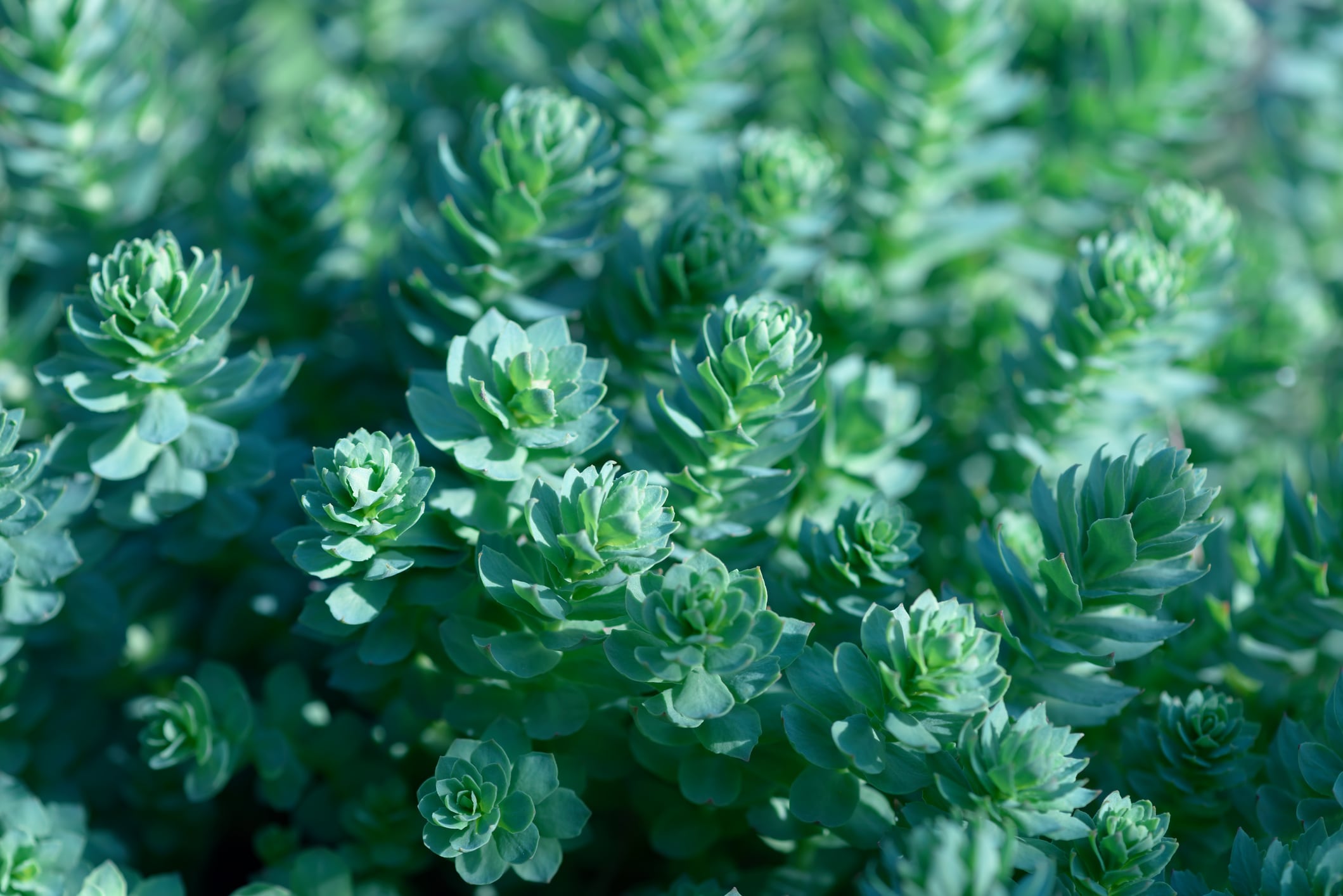The extract offers a range of cognitive and physical benefits, but over-harvesting has put pressure on supplies and raised concerns about its future longevity.
For this reason, Nektium has collaborated with long-standing partner in Altai, Siberia, to establish fields that provide optimal conditions for the controlled cultivation of Rhodiola rosea to secure supplies for its commercial extract, Rhodiolife.
“Unless action is taken to offset over-harvesting, this precious biological resource will soon become scarce. By transitioning to sourcing raw material from cultivated plants, Nektium is taking pressure off the wild population,” Deborah Thoma, Marketing Manager, Corporate sales and Business Growth, tells Nutraingredients.com.
“This approach is an industry first; it was initiated several years ago and is bearing fruit now, and we believe that our contribution to saving this biological resource will be substantial.”
Growing awareness
Around 60% of Rhodiola species are found in China, followed by Russia, Mongolia, and Kazakhstan, and according to market intelligence from Nektium approximately 200-300 tons of extract are sold each year.
Nektium first developed Rhodiolife over 25 years ago, but the market has only recently begun to evolve due to growing awareness of the importance of extract quality and the potential of the bioactive compounds, according to Thoma.
“This has led to manufacturers focusing on the combination of total rosavins and salidroside necessary to obtain the adaptogenic effect. The Rhodiola rosea extract market has outpaced industry growth for many years. However, due to supply restrictions, it has often been hard to keep pace with consumer demand,” she says.
“In terms of root volumes, several multiples of that amount would have to be harvested to allow that volume to be produced.”
Market value
The total value of the Rhodiola rosea extract market is £28-31m (US$32-35m), although future growth is dependent on many factors, Thoma says, including the increasing awareness of adaptogens generally and the extent of integration in consumer products.
“Another influential factor is the restrictions that different exporting countries may put in place. Conservative estimates are in line with the current CAGR in the sector (8%), but other sources predict a substantially higher growth rate,” she adds.
Nevertheless, increasing demand creates its own problems, including cross-border smuggling and adulteration, and the United Nations has set a number of development goals to promote responsible consumption and production, and minimise the environmental impact from Rhodiola rosea.
Thoma says: “Avoiding the exhaustion of wild Rhodiola rosea is the reason we are taking significant action to reduce the overexploitation of this natural resource.”
Extract cultivation
To maintain the morphological and phytochemical characteristics of Rhodiola rosea, cultivation fields were initially established from wild plants, using a proportion of the harvested roots.
Thoma explains: “Roots were taken to expand the fields via vegetative propagation with root rhizomes. Wild material was only used for the exploratory fields, with expansion taking place through the proper cultivated plant material. This allowed for propagation without exploiting material from the wild, while preserving biodiversity.”
Cultivating the extract in this way, guarantees a sustained supply of Rhodiolife and helps counteract increasing scarcity of the plant
However, she adds that further “upscaling in the coming years is still necessary to complete the transition to our targeted volumes”.

